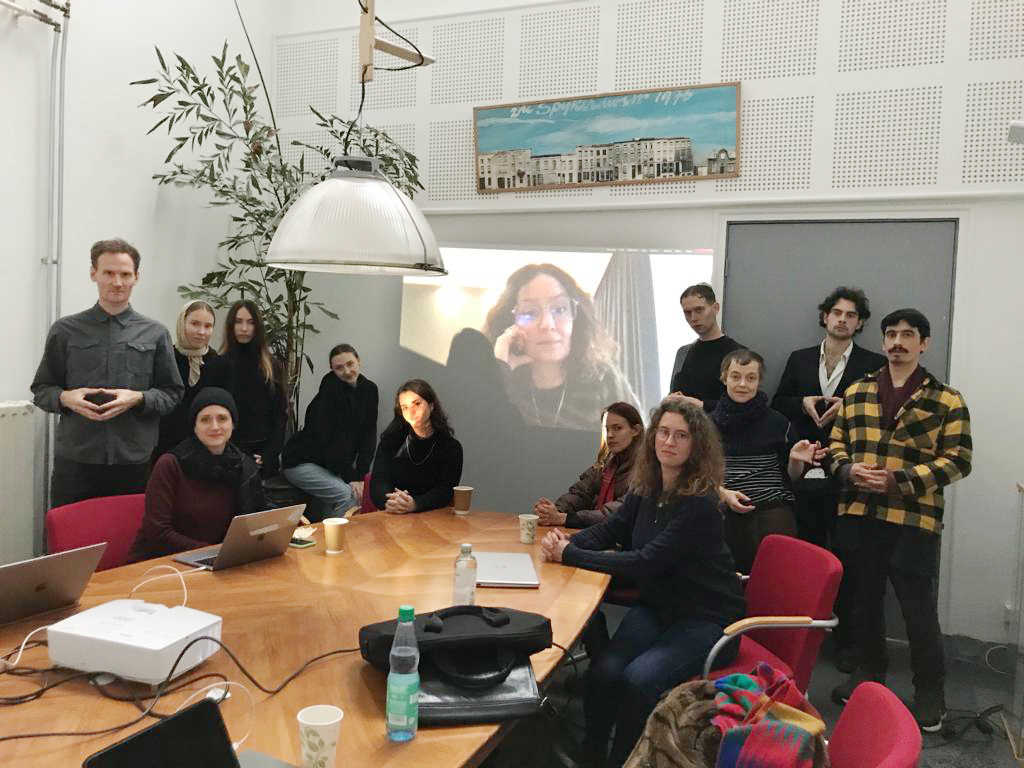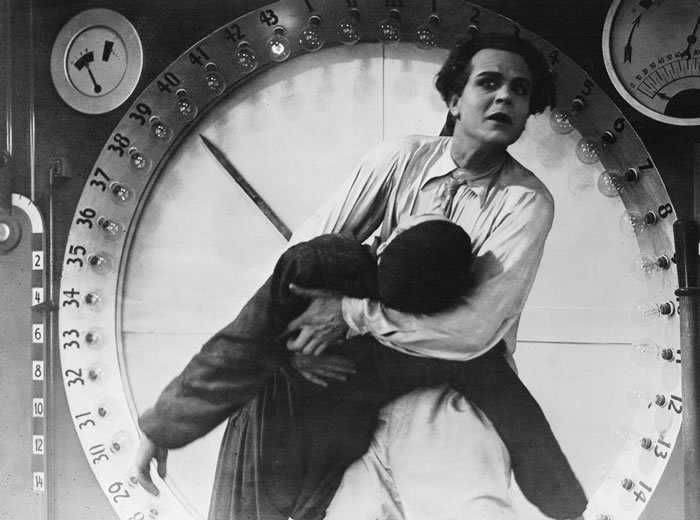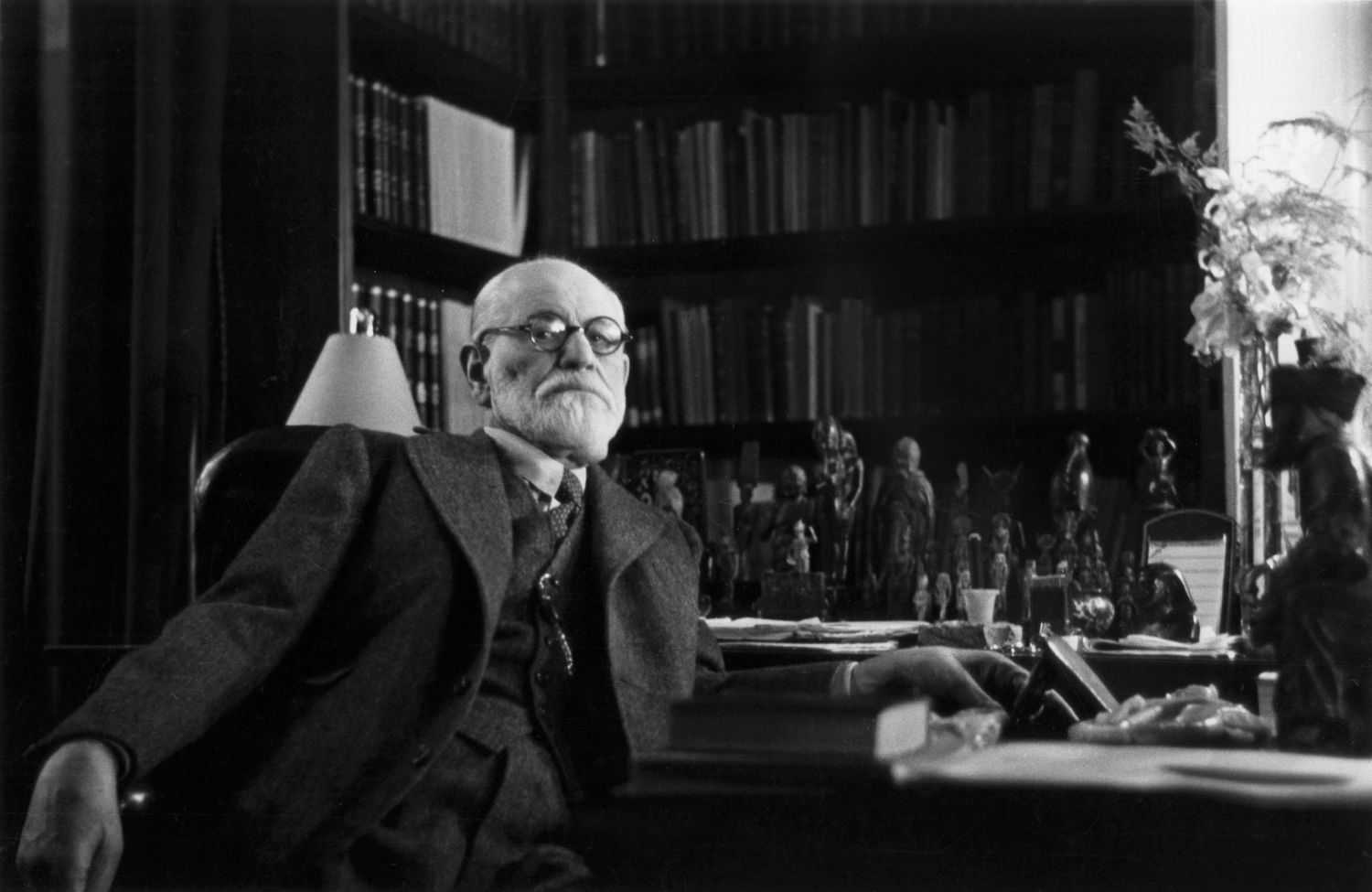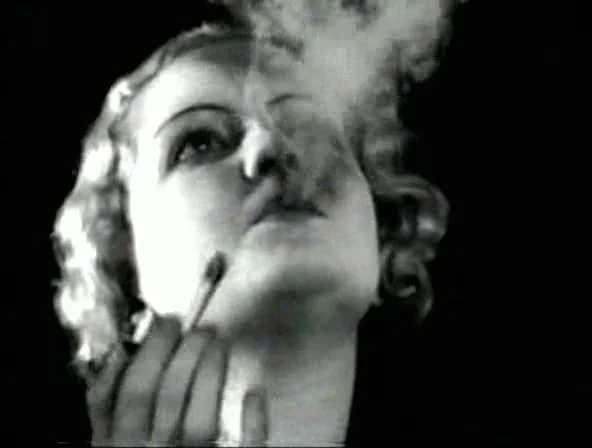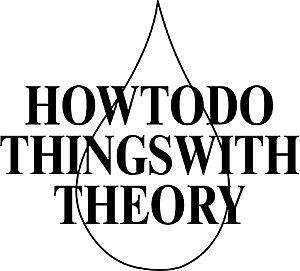Capital as a State of Mind II ~ the seminar from Month to Month
The seminar is tutored by Dr. Ghalya Saadawi
Participants second year: Cornelia Isaksson, Maxi Smith, Till Langschied
Participants first year: Ania Yilmaz, Clara von Schantz, Claudia Medeiros, Daniël van der Giessen, Evija Kristopane, Julia von Schantz, Kıvanç Sert, Seán Bean, Thamyres Matarozzi
Seminar 5 (May 2023) in Salina
Reading:
Jodi Dean. “Zizek on Law.” Law and Critique 15 (2004): 1–24.
Wendy Brown and Janet Halley. “Introduction.” In Left Legalism Left Critique. Edited by Brown and Halley. Durham and London: Duke University Press, 2002. 2-35.
Seminar 3 (March 2023) in PAF
Reading:
Theodor W. Adorno. “Sociology and Psychology Part I.” NLR I 46 (November-December 1967: 67-80.
Fredric Jameson. “The Commodity.” In Valences of the Dialectic. London: Verso, 2009. 257-266.
Karl Marx. “The Commodity.” Capital: Volume One. Translated by Ben Fowkes. Harmondsworth: Penguin, 1976. Chapter 1, sections 1 and 2, 122-137.
Screening: Fritz Lang (director), Metropolis, 1927.
Seminar 2 (February 2023) Online
Reading:
Ray Brassier. “Introduction.” In Herbert Marcuse. Five Lectures: Psychoanalysis, Politics and Utopia. Translated by Jeremy J. Shapiro and Shierry M. Weber, 1-13. London: Repeater, 2022.
Russel Jacoby. Social Amnesia: A Critique of Contemporary Psychology from Adler to Laing. London: Routledge, 1997. “Preface,” and “Introduction,” vii-xxxi, and a chapter of your choice.
Slavoj Zizek. The Metastases of Enjoyment: On Women and Causality. London: Verso, 1994, Chapter 1, 7-22. Pick up from last time.
Seminar 1 (November 2022) in Arnhem
You are told in psychology that you need freeing from a society, which has captured your desire (and even your very drives themselves) and disallowed you from the self-expression, emancipation, and self-actualisation that you can achieve. You can free yourselves from the chains of society and build a strong ego! But what if that society has dialectally shaped your desire and drives in the first instance? What if they are already socially constituted, coded in civilization? This session looks at a critique of ego psychology and its revisionist reading of Freud (and of Freudo-Marxism). The misreading of repression, the drives, desire, nature, etc. misplaces the problem of the drives (what Adorno would call congealed second-nature) – the social in them and the allegedly innate in them – that are subsequently read as in need of being “freed.” the misunderstanding around the nature of the drives as “originary” and even individual and in need of liberation (and “self-actualisation”)—betrays much, but especially the already social aspect of the drives’ internalisation (superego, civilization). Marcuse helps us understand the pleasure principle and the reality principle on the level of the social; that constructs this very social via the great repression/replacement of the pleasure principle. One, however, that is never final, or secure.
Reading:
Slavoj Zizek. The Metastases of Enjoyment: On Women and Causality. London: Verso, 1994. Chapter 1, 7-28.
Herbert Marcuse. Eros and Civilization: A Philosophical Inquiry Into Freud. London: Routledge, 1987. Intro and chapter 1, 27-52 (on the pdf).
Optional:
Russel Jacoby. Social Amnesia: A Critique of Contemporary Psychology from Adler to Laing. London: Routledge, 1997. Preface.
BACK TO: the INTRODUCTION to the seminar Capital as a State of Mind II

